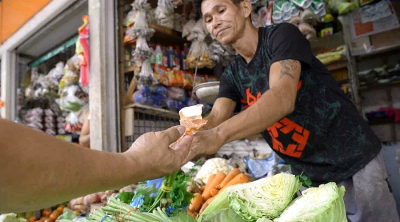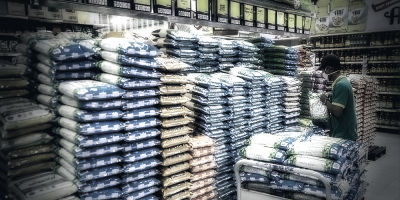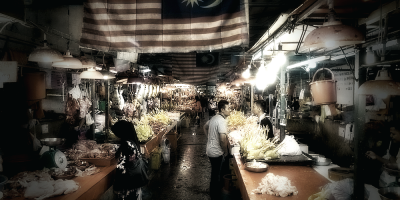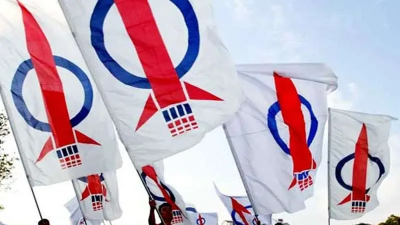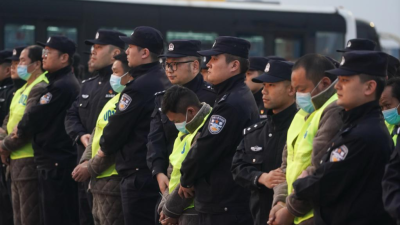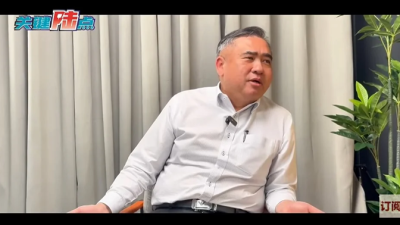PETALING JAYA: The prices of several brands of 5 kg blended cooking oil have increased from about RM30 to RM45 now, says Hong Chee Meng, president of the Federation of Sundry Goods Merchants Associations of Malaysia.
The price of blended cooking oil has increased by 50% since 2019, he said, describing the RM15 increase as drastic.
Hong was referring to blended cooking oil brands such as Knife and Red Eagle.
For cooking oil made of 100% palm oil such as Buruh, Saji and Seri Murni, their prices remain below RM30 for 5 kg, as they are subsidized by the government, he said.
“The price difference between blended cooking oil and pure palm oil was just a few ringgit two years back, but the difference now is about RM15,” he said.
Hong believes that under such circumstances, hawkers and the lower income group would opt to buy cheaper cooking oil.
Without government subsidy, he said the selling price of such cooking oil could be in the range of RM30 to RM40.
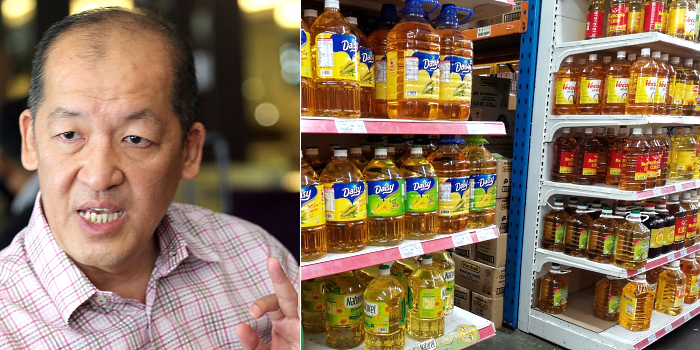
The government is also spending huge sums of money to subsidize cooking oil, he explained.
The increase in the price of blended cooking oil would have a huge impact on families, he said.
“Prices of many things such as canned food, flour, wheat, logistics, wages and newspapers have already increased,” he added.
Hong cited several reasons for the price hike, including the new minimum wage scheme, Russia-Ukraine war, logistics and labor shortage especially in the plantation sector.
“Employers are paying higher wages to hire experienced Indonesian workers. The additional cost is naturally passed on to consumers,” he said.
In order to allow its citizens to enjoy cheaper cooking oil, Indonesia, the largest palm oil producer in the world, has halted the export of the commodity.
As a result, many countries have turned to Malaysia, the second largest exporter, for cooking oil, pushing the prices even higher, he explained.
The prices of cooking oil in Malaysia will only come down if Indonesia lifts its export ban, he said.
ADVERTISEMENT
ADVERTISEMENT






